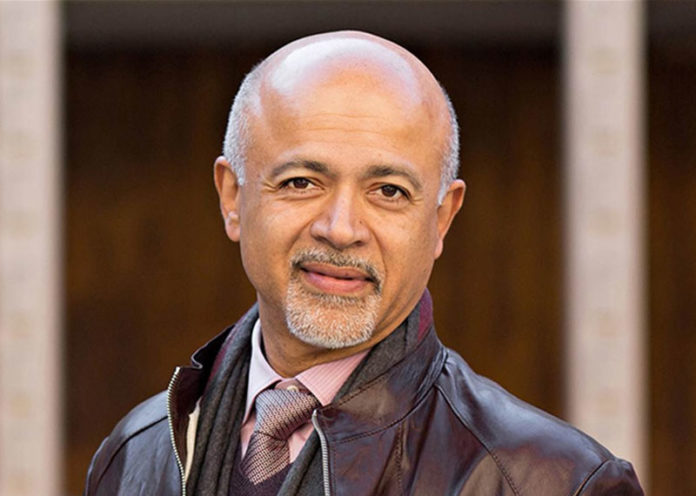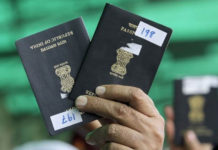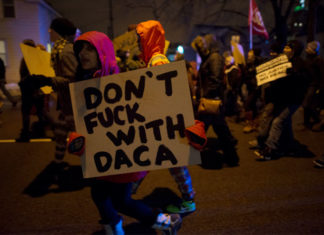Indian-American physician and author, Abraham Varghese has been awarded with the America’s highest humanities award, National Humanities Medal,by the US President Barack Obama for his contribution in the field of medicine.
Abraham Varghese, a professor of medicine at the Stanford School of Medicine, has authored several acclaimed books including ‘My Own Country’ and ‘Cutting for Stone’.
“The 2015 National Humanities Medal to Abraham Varghese for reminding us that the patient is the center of the medical enterprise,” the citation of the medal read.
“His range of proficiency embodies the diversity of the humanities, from his efforts to emphasise empathy in medicine, to his imaginative renderings of the human drama,” a military aide to the US President said, reading from the citation.
“All of today’s honorees work in an age where the stories we tell and the technologies that we use to tell them are more diverse than ever before, and as diverse as the country that we love,” Obama said on the occasion.
The National Humanities Medal,”honours individuals or groups whose work has deepened the nation’s understanding of the human experience, broadened citizens’ engagement with history, literature, languages, philosophy, and other humanities subjects”.
“I felt strongly then and now that what I was writing about, and my interest in the human experience of being ill or caring for the ill, was as much a part of medicine as knowledge of the function of the pancreas, for example,” Varghese, also a vice chair of Stanford’s Department of Medicine, said after receiving the medal.
Abraham Varghese was born in Addis Ababa in 1955. Varghese’s parents were recruited by Emperor Haile Selassie to teach in Ethiopia. He grew up near the capital and began his medical training. Varghese briefly joined his parents, who had then moved to the United States because of the war, working as an orderly in a hospital before completing his medical education in India at the Madras Medical College.
After graduation, he left India for a medical residency in the US and found only the less popular hospitals and communities open to him, an experience he described in one of his early New Yorker articles, The Cowpath to America.
By Premji













































